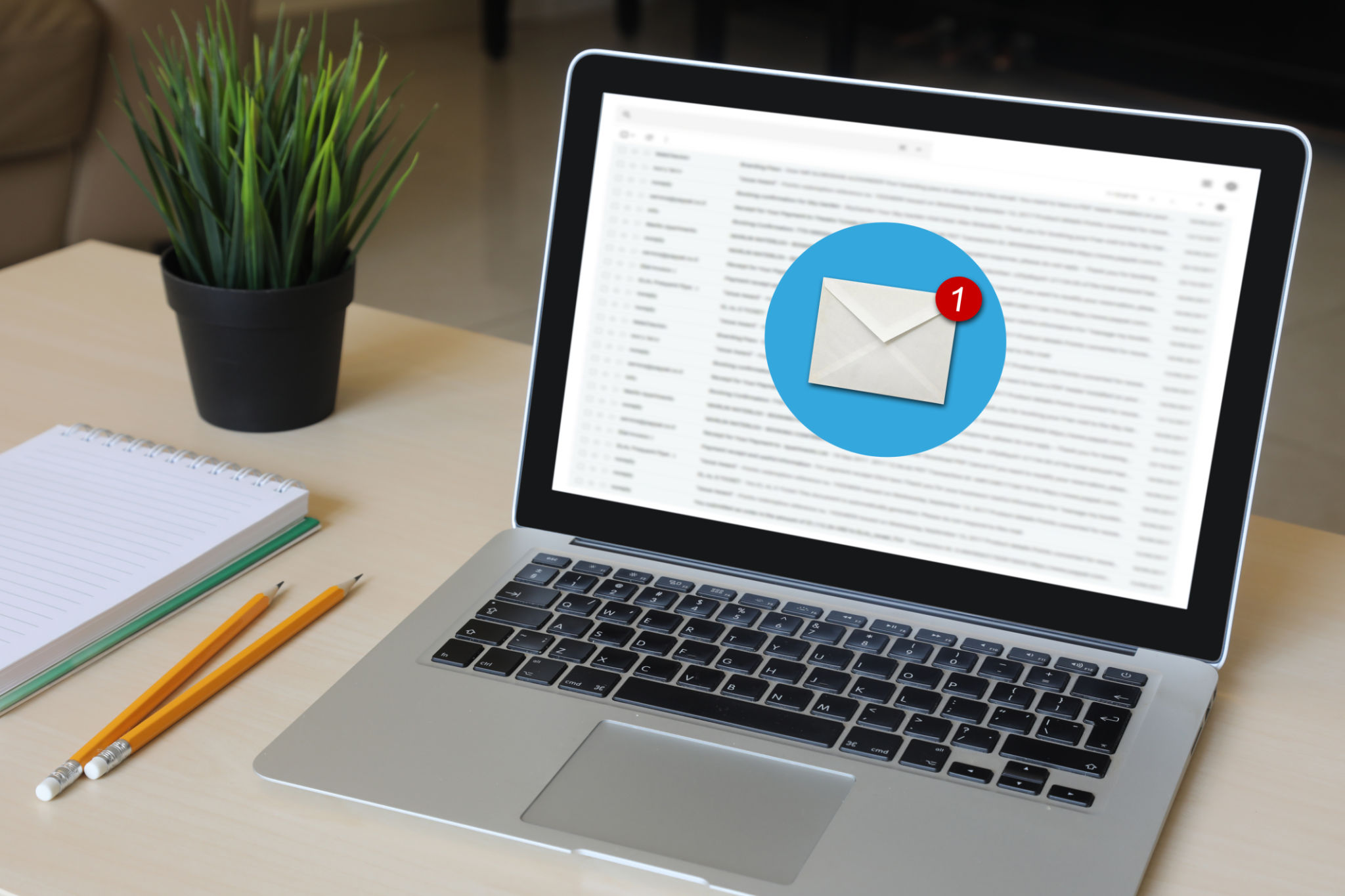The Impact of AI in Revolutionizing Email Marketing Strategies
The Role of AI in Email Personalization
Artificial Intelligence (AI) is increasingly becoming a transformative force in the realm of email marketing. Its ability to analyze vast amounts of data and learn from user behavior allows businesses to tailor their email campaigns with unprecedented precision. This personalization is not just about addressing the recipient by their first name; it involves crafting content that resonates with individual preferences and behaviors.
AI-driven algorithms can predict customer preferences by analyzing past interactions, thereby enabling marketers to send content that is not only relevant but also timely. This level of personalization leads to higher engagement rates, as recipients are more likely to open and interact with emails that reflect their interests.

Enhancing Customer Segmentation
Customer segmentation is a crucial aspect of any effective email marketing strategy. AI enhances this process by automating the segmentation process based on a variety of parameters such as demographics, purchase history, and even browsing behavior. This allows marketers to create highly targeted campaigns that speak directly to the needs of different customer groups.
With AI, marketers can move beyond traditional segmentation methods and delve into more intricate patterns of customer behavior. This results in more refined audience segments and ultimately, more effective marketing strategies.
Optimizing Send Times
Determining the best time to send an email can significantly impact open rates and overall engagement. AI tools analyze past email interactions to identify the optimal time to reach each recipient, taking into account their unique habits and time zones. This ensures that emails are sent when the recipient is most likely to engage with them.

Automating Content Generation
AI is also revolutionizing content creation for email marketing. By using natural language processing and machine learning, AI can generate content that aligns with the brand's voice while catering to the preferences of different audience segments. This automation not only saves time but also maintains the quality and relevance of the content being delivered.
Furthermore, AI-generated content can be tested and refined based on recipient responses, leading to continual improvement in engagement metrics. This adaptability ensures that email content remains fresh and engaging, which is crucial for maintaining audience interest over time.
Improving Email Analytics
Beyond sending and personalizing emails, AI plays a pivotal role in analyzing the performance of email campaigns. Advanced analytics powered by AI can provide deep insights into open rates, click-through rates, conversion rates, and overall engagement. These insights allow marketers to understand what aspects of their campaigns are working and what needs improvement.

Predictive Analysis for Future Campaigns
One of the most exciting applications of AI in email marketing is predictive analysis. By examining past campaign data, AI can forecast future trends and suggest strategies for upcoming campaigns. This predictive capability enables marketers to make informed decisions and allocate resources more effectively.
With predictive analysis, marketing teams can anticipate customer needs and preferences, allowing for proactive campaign planning rather than reactive measures. This forward-thinking approach can lead to more successful campaigns and a stronger connection with the audience.
Conclusion: Embracing AI for Email Marketing Success
The integration of AI into email marketing strategies offers a multitude of benefits that can significantly enhance campaign performance. From personalization and segmentation to automation and analytics, AI provides tools that make email marketing more efficient and effective than ever before.
As technology continues to evolve, embracing AI in email marketing is no longer an option but a necessity for businesses looking to stay competitive in the digital landscape. By leveraging these advanced tools, marketers can deliver more engaging, personalized, and successful email campaigns that resonate with their audience.
